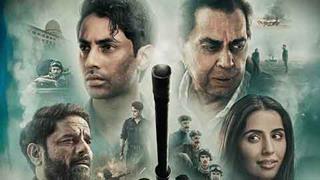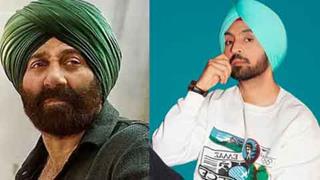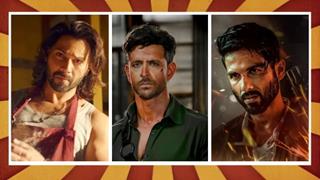Once upon a time, the director was termed to be the caption of the ship. It was he who decided the sailing of his television series. But times seem to have changed now. The
director is no longer in-charge of his ship.
He is governed under the supervision of the writers and the creative heads. They are the ones who guide his path and
show him the directions in which he has to sail. And the director is required only to carry out their orders.
"In today's time, most of the directors are mere executioners. The directors shoot as it is written. They don't apply their creativity. I would love to work with people who are
real directors and believe in their abilities," says Purnendu Shekhar, writer of the top rated show Saat Phere.
"In last 8-10 years, the new breeds of TV directors who
have been groomed are more than happy to work in this atmosphere. Besides, with this kind of serials, you hardly have scope to use your creativity," comments Sukesh
Motwani, Creative Director of Left, Right, Left.
"Times have changed. Television industry has now become more revenue based. It's been run by MBA's and other business management people. I really feel pity for the
directors who have talent," shoots veteran director-producer Ravi Rai. Mohit Jha, who has directed hit shows like Kyunki Saans Bhi Kabhu Thi and Kareena Kareena agrees
with the fact that the system has changed.
"At first the creative heads were major help. But they are now dominating the directors. They don't understand what the
director needs or what his requirements are. Their only concern is TRP. Haplessly the television industry, once a creative landmark, has turned into a marketing exercise,"
says Mohit Jha.
We understand that the system of working in television industry has changed after the introduction of the daily soap pattern. But why aren't the directors taking a strong
stand against it? Why are they proving to be mere puppets controlled by the channels and the writers?
"Everybody has to work. Channels are calling shots. The directors are scared to go against them. They are not allowed to incorporate what they feel. It's really sad for the
directors who are really good at their work," feels Purnendu Shekhar.
"See, insecurity takes over a person in this industry. You have to work in this environment, no
matter what you think," says Sukesh Motwani.
"It's the question of survival. You don't have any choice than to follow their orders. After all, they are boss and the
paymasters," Ravi Rai sounds a little angry as he puts his point.
It seems that today's director Mohit Jha has accepted the terms and conditions of the present environment. He has learnt the diplomatic game which is the best to survive in
this unsecured television industry.
"I would not be a rebel against the present system. I am happy with what I am doing now," he says.
Undoubtedly,
insecurity amongst the people involved in this industry is the main reason behind the directors being a puppet to writers and directors. But isn't this insecurity killing the
creativity of an individual director?
Again, veteran Ravi Rai sounds angry with the present situation. "The creativity is already dead. Mention one single television director whom audiences recognize by name.
No one knows about these so-called directors," shoots back Mr Rai.
For the time being, it seems that the directors are moving with the tides hoping to see a change in the present scenario. History has shown us that nothing changes by
itself. A rebel has to take place.
Let's, see when our directors would loose their point of frustration and try the make a name for themselves rather than just making
money by being diplomatic. – Sneha Hazarika (SAMPURN)
Who cares about the Director now?
Tuesday, April 03, 2007 14:44 IST


















